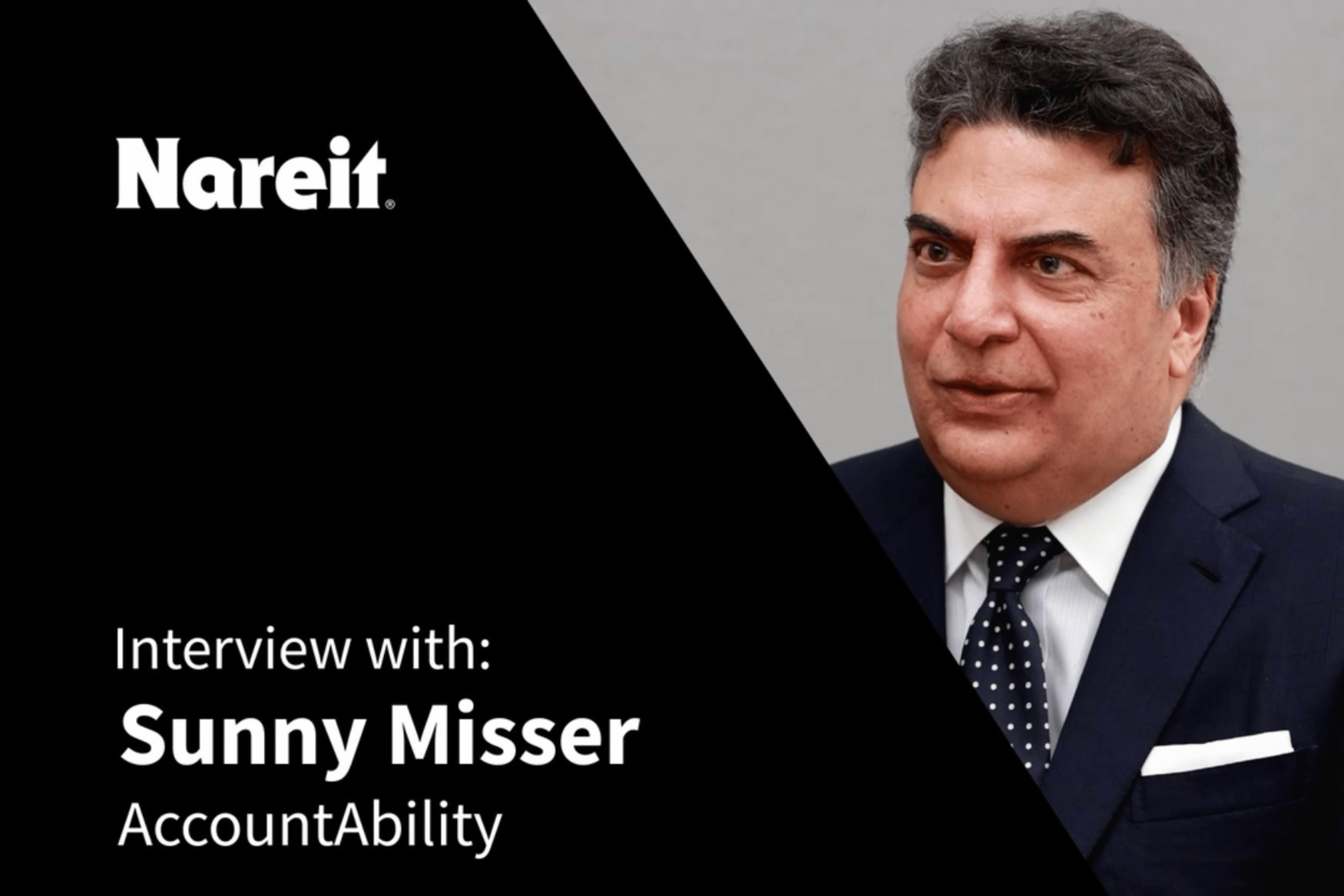AccountAbility Virtual Roundtable: The Stakeholder-Driven Energy Transition

AccountAbility hosted a virtual roundtable featuring Charlotte Wolff-Bye, VP and Chief Sustainability Officer at Petronas, exploring a stakeholder-driven energy transition.
Charlotte introduced four core themes during the Fireside chat:
- Strategic stakeholder engagement for balanced development: Petronas has placed stakeholder engagement at the core of its strategy for balancing rapid economic development with sustainability goals. This includes quarterly board and subsidiary board discussions with global sustainability experts, as well as innovative roundtables that bring together diverse voices from youth groups to industry veterans. Petronas also leverages the Malaysian pavilion at annual COP conferences to invite stakeholders to participate in global climate discussions.
- Fostering diplomatic dialogue for inclusive regulatory development: While frameworks like CSRD and ISSB are important, Chalotte advocated for greater diplomatic engagement to ensure regulations consider local market conditions and implementation capabilities. This includes recognizing the varying levels of expertise and resources available across different regions, and the importance of allowing adequate preparation time for new requirements.
- Navigating the energy transition for the Oil & Gas industry: While Petronas is transitioning from a traditional O&G organization to a comprehensive energy solutions provider, this journey faces unique challenges in high-growth regions. Charlotte explained how geographical and climate constraints can lead to markets reaching up to 96% fossil fuel dependence, making the transition particularly complex for national energy companies.
- Creating meaningful social impact: Petronas drives social development alongside its business transformation through education initiatives, community programs, and vendor support. Their sponsorship of 39,000 students through tertiary education and broader human-centric programs – benefiting over 37,000 individuals – demonstrate how national energy companies can combine social impact with transition goals.
These themes will be explored further at the upcoming Energy Asia conference (June 16-18, 2025), where energy ministers, CEOs, and stakeholders will come together to develop practical transition pathways that work for their specific contexts.
Table Discussion Insights
Key themes emerged from focused discussions following the fireside chat:
- Effective energy transition requires leadership to balance strategic direction with diverse stakeholder input.
- Sustainability initiatives must be framed through a commercial lens to manage stakeholder expectations and ensure realistic implementation.
- Successful supply chain transitions depend on comprehensive support programs including procurement strategies, training, and innovative financing.
- Emerging markets are developing carbon pricing frameworks but face challenges in expertise and coordination.
- Regulatory frameworks must balance global climate action with practical, locally-tailored solutions.
- Energy companies create value through education and vendor development programs that prioritize both environmental and social outcomes.
- Companies must balance global competitiveness with varying regional regulatory requirements.
- Emissions reduction success requires integrated technical and governance approaches supported by systematic value chain collaboration.
How we help our clients: AccountAbility Advisory Services
We customize strategies for our clients, navigating the challenges and opportunities unique to their industry and situation. We support our clients with:
- Strategy Design & Implementation
- Governance & Board Effectiveness
- Stakeholder Engagement
- Impact Assessment
- Materiality Review
- Reporting & Communication
- Training & Capacity Building
- Frameworks & Standards
AccountAbility's AA1000 Series of Standards
AccountAbility’s AA1000 Series of Standards are principles-based frameworks used by global businesses, private enterprises, governments, and other public and private organizations to demonstrate leadership and performance in accountability, responsibility, and sustainability. AccountAbility is recognized as a Framework Developer in the World Economic Forum’s ESG Ecosystem Map, acknowledging the impact of the AA1000 Series of Standards
Fill in your details to view this article
Similar Insights

.jpg)

